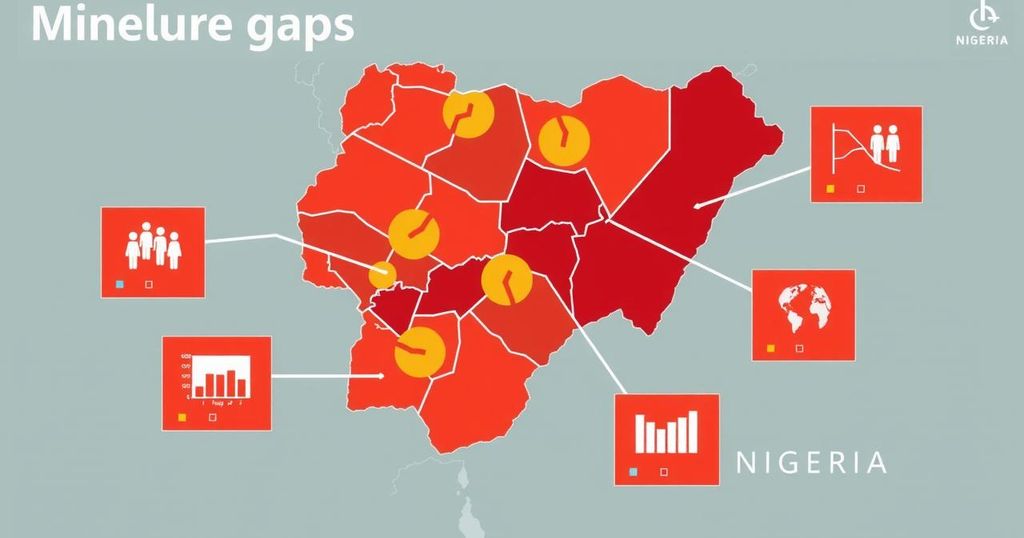WHO Blames Data Gaps as Nigeria Records 1,562 Cholera Cases
The World Health Organization has raised alarms over major gaps in cholera surveillance in Nigeria, which reported over 1,500 cases in early 2025. With global cholera cases rising significantly, experts warn that Nigeria’s ongoing infrastructure issues could lead to higher fatalities without improved response and prevention measures. The WHO stresses the urgent need for investment in cholera management.
The World Health Organization (WHO) has expressed strong concern about serious gaps in cholera surveillance and reporting, especially in regions such as Nigeria, which is currently dealing with a rise in suspected cholera cases amid a global increase in infections. From January 1 to May 25, 2025, Nigeria reported 1,562 cholera cases. This figure contributes to the alarming total of 117,346 cases documented across 17 countries in the WHO African Region during the same period. This data was exclusively gathered by our correspondent from the WHO on Friday.
Despite these reported figures, the WHO emphasized that they may not represent the actual scale of the outbreak. Challenges such as underreporting, delays in submitting data, and limited diagnostic capabilities can distort the reality of the situation. The organization noted, “The data presented here should be interpreted cautiously due to potential underreporting and reporting delays. This may affect the timeliness of reports, and thus, the presented figures might not accurately represent the true burden of cholera.”
The organization’s findings revealed that from January to May 2025, a total of 211,678 cholera cases and 2,754 deaths were registered across 26 countries in three WHO regions. The African Region reported the highest figures, with the Eastern Mediterranean Region and South-East Asia Region trailing behind in case counts and fatalities.
In May, WHO reported an average stockpile of Oral Cholera Vaccine at 5.7 million doses, marking the sixth straight month where this number has surpassed the emergency supply level of five million doses. Alarmingly, the global epidemiological update indicated a 35 percent increase in cholera and acute watery diarrhea cases in May compared to April. The African Region accounted for nearly half of the 52,589 new cases reported worldwide.
Nigeria continues to experience recurrent cholera outbreaks, particularly during the rainy season, largely due to substantial deficiencies in water, sanitation, and hygiene (WASH) infrastructure—issues that are particularly pronounced in rural and conflict-affected areas. Public health experts are sounding alarms that if Nigeria does not enhance its cholera surveillance and response systems, the nation risks facing a larger outbreak with even greater fatalities.
Additionally, WHO’s report indicated that out of the cholera-related deaths this year, 2,447 occurred in the African Region, with Nigeria alone reporting 48 fatalities. In response, the agency has underscored the pressing need for increased investments directed toward prevention, early detection, and improving access to treatment.
In summary, the WHO has highlighted significant data gaps in cholera surveillance particularly in Nigeria, where a notable increase in cholera cases is occurring. The country’s struggles with related infrastructure issues hinder effective reporting and response. Without urgent enhancements in these systems, there looms the risk of more severe outbreaks ahead. The situation calls for immediate investment in prevention and treatment to protect vulnerable populations.
Original Source: punchng.com




Post Comment